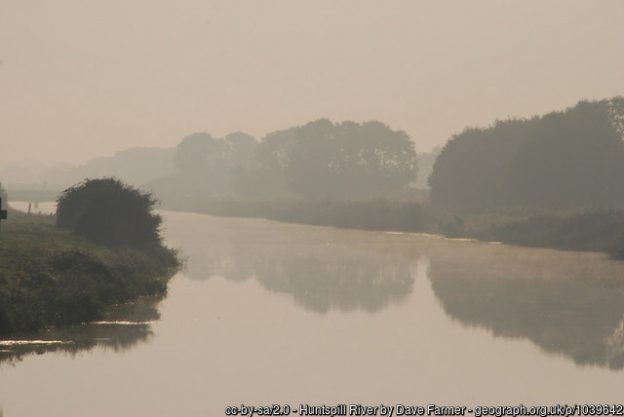A quick Year Book-Plea Roll probable match: I think Seipp 1482.119 (YB Mich. 22 Edw. IV) is the same case as this one, from the Michaelmas 1482 King’s Bench plea roll (KB 27/884 m.1d; AALT IMG 0518).
The case concerns an indictment of rape, made against John Wheler of Bridgwater, in Somerset, chaplain. He was accused of having, on 20th March 1482, broken into the house of a certain Alice Lye[i] , at Huntspill, attacked her, raping her and ‘having carnal knowledge’ of her, against the king’s peace.[ii] The matter had been presented in a sheriff’s court – the ‘tourn’ of Richard Morton esq. – on 4th April, 1482, at Highbridge, Somerset.
It will come as absolutely no surprise to anyone who has looked at this sort of material to find that the whole thing fell apart, and the accused chaplain walked free. In this particular case, the route to that expected conclusion was not via the blank ‘not guilty’ of a jury, but via the ‘you don’t have jurisdiction’ route: sheriffs were not supposed to hear such serious ‘criminal’ cases.
I suppose we might conclude, or muse about, a couple of things from this:
- There does not seem to have been agreement that this was something beyond the powers of the sheriff. (As a matter of fact, the KB roll for Trinity 1482 contained another rape case from the same sheriff’s tourn, in, from a tourn on 30th April 1482. This time, the accused man was Robert Cutteclyffe of Wells, chaplain, and the alleged victim Cecilia Wever, the attack said to have taken place at Burton. In this earlier case, however, a different technical fault was found with the process.) The YB report of what I take to be the Wheler case includes a lengthy discussion of the background to rape/ravishment as an offence, its statutory or non-statutory origin being taken to be crucial in determining whether or not a sheriff had jurisdiction here.
- Despite the incredibly low rate of conviction, men from relatively small communities did bother to prosecute alleged (clerical) rapists. Maybe use of the sheriff’s tourn for this suggests a lack of faith that other courts would do anything. There is something of a tendency to write off such action as not in good faith, as a sort of extortion of those who kept concubines. But does it, perhaps, rest upon an assumption that clergy would not be likely to take advantage of their position to engage in abusive sexual practices? Or on a desire to find that women were more ‘agenty’ than they might appear. The accused clergymen do seem to have been able to find a number of ways of challenging cases brought against them, but it is important to accept that that doesn’t tell us anything about the truth of the allegation, one way or the other. There is, no doubt, a great deal which is lost to us, in terms of what went on out of court: compensation, private settlement, or settling of scores, and no particular reason to think that the same sorts of facts underlay all or most cases.
GS
31/8/2021
[i] There is no more information about her.
[ii] Note, no mention of her will.
